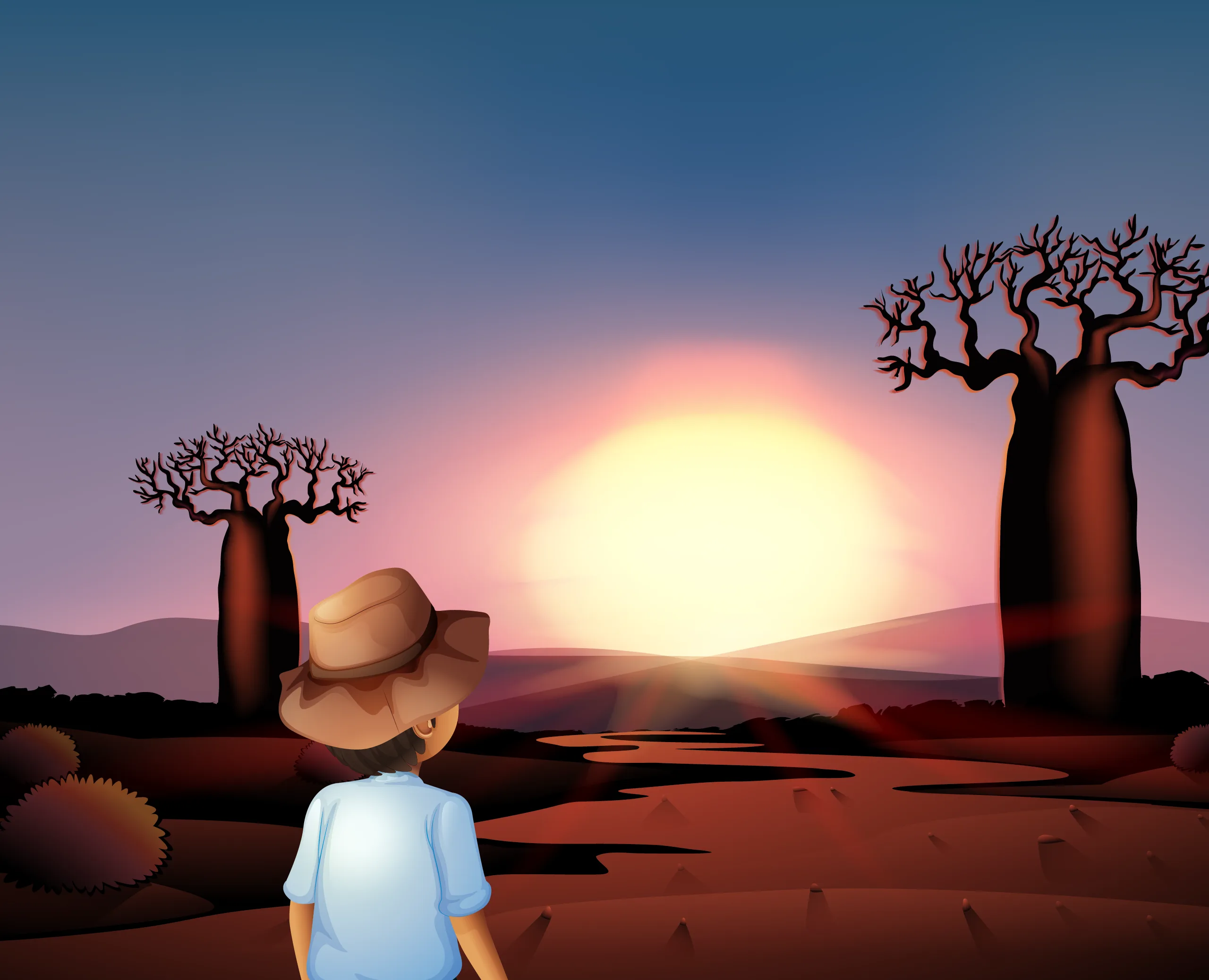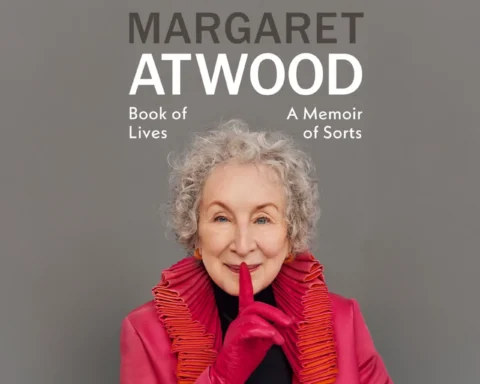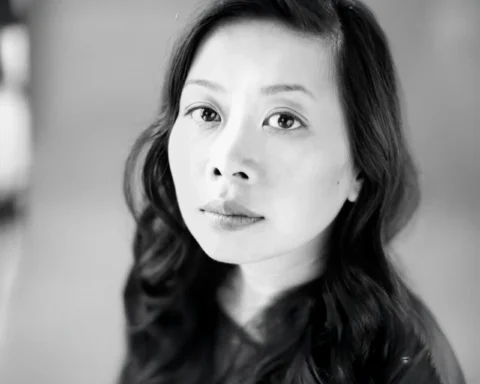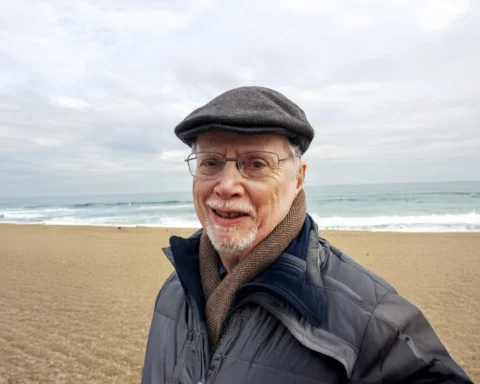–By J.S. Porter
for Cheryl
I find myself re-reading Annie Dillard’s The Writing Life these hot summer days. You know her. She’s the author of Pilgrim at Tinker Creek, that marvellous amalgam of philosophy, poetry, exploration of self and exploration of nature.
How can you say no to a writer who says things like this:
“One of the few things I know about writing is this: spend it all, shoot it, play it, lose it, all, right away, every time. Do not hoard what seems good for a later place in the book, or for another book; give it, give it all, give it now.”
I have a habit of leafing through old books and stopping to read when something catches my attention. In the last chapter of her book, Dillard quotes Julian Barnes in Flaubert’s Parrot:
“It’s easy, after all, not to be a writer. Most people aren’t writers, and very little harm comes to them.”
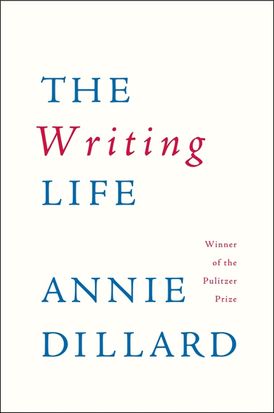
That caught my attention. Never thought of there being a choice – to write or not to write. I just remember reading feverishly in my late teens and making notes on my reading and at some point, writing about what I was reading, and sending the writing to newspapers and journals. What made me a writer: the reading, the note-making, the writing about what I was reading? I’m not sure I separate the activities. They seem one process to me.
Just recently I read Edward W. Said’s Beginnings and found these words:
“ … the writer’s energies are caught up in writing over, rewriting, writing about, or writing to other writing.”
I thought to myself, so that’s what I do, or try to do. Mostly. Words from words, books from books. Someone, someone I greatly respect, has told me what kind of writer I am. I might have to add a few words. First, I read, always reading comes first, then I make notes, then I write over, rewrite, write about and write to. I’ve known for some time that I’m a writer. I just hadn’t said to myself what kind.
Anyway, Dillard’s book is precisely the kind of book I enjoy. She talks about the writing trade, she refers to influential ancestors, she stretches herself and in doing so stretches her reader. Here’s a nibble:
“At its best, the sensation of writing is that of any unmerited grace. It is handed to you, but only if you look for it. You search, you break your heart, your back, your brain, and then—and only then—it is handed to you. From the corner of your eye, you see motion. Something is moving through the air and headed your way.”
Damn, that’s good. Something is handed you and you break some body parts trying to see what it is, trying to understand what the gift is. I know Dillard’s words to be true from an experience I had once in Mexico—without tequila, just in case you’re wondering.
I stood on the balcony of a cabin and I saw a tree, I breathed-in a tree, felt a tree, exchanged energies with a tree. I didn’t know at the time what was handed me, but I knew “something was moving through the air” and it was headed my way. When my wife and I came home, I did some research –what kind of tree was that?—and I wrote a poem to commemorate the moment when boundaries and borders became porous and the differences between me and a tree didn’t seem significant at all.
Not knowing the name of the sacred but feeling it just the same
In Mexico
in Las Brisas, Tangolunda Bay, Huatulco
I see from our balcony
a tree: deep-rooted, grey bark
surrounded by large volcanic rocks
wind blowing through outstretched limbs
spiny knobs running down the trunk
green pods abundantly hanging
bursting open like milkweed
squirrels feeding on the inner seed
somehow a feeling
this is a holy tree
this is the tree of life
this tree holds up the region
a thousand trees like this one hold up the earth
Later I find out the tree is a ceiba
the sacred tree of the Maya
Looking back at the poem now, many years later, I wonder if I was witness to a tree giving birth. And/or that something in me was calling out to be born. The tree was presence and guide for the birth within me.
I don’t usually have what are sometimes called “mystical experiences.” But this seems like one of them. Something was handed to me, was given as a gift to me, and I felt compelled to write in recognition of the gift even though my ability to render the experience in words seems woefully inadequate.


